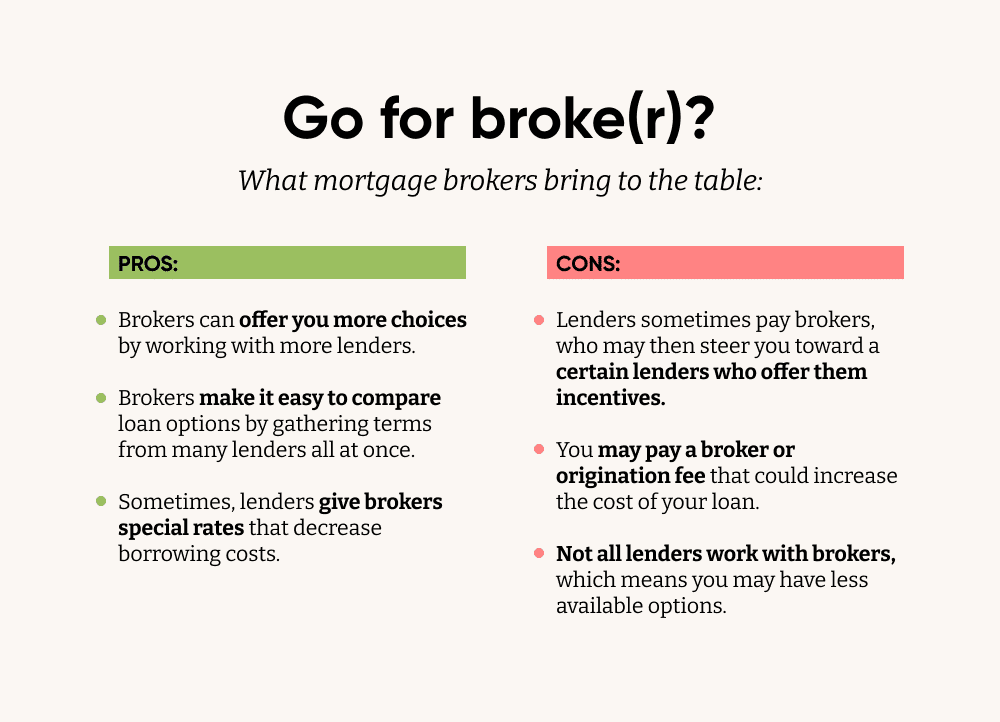Jumbo Loan Limits: How Much Can You Obtain for a High-End Home?
Jumbo Loan Limits: How Much Can You Obtain for a High-End Home?
Blog Article
Understanding What a Jumbo Car Loan Entails and Exactly How It Differs From Conventional Car Loans
Browsing the complexities of big car loans discloses a financing choice customized for those venturing into high-value actual estate, generally going beyond the limits established by the Federal Real Estate Finance Company. The substantial danger linked with jumbo fundings demands much more rigid credentials requirements, consisting of greater credit report ratings and significant down repayments.
Meaning of Jumbo Loans
Jumbo fundings are a kind of mortgage that surpass the adapting loan limitations established by the Federal Real Estate Money Agency (FHFA) These finances satisfy borrowers who need to finance properties that are much more pricey than what standard car loan limitations permit. The FHFA develops yearly conforming lending limitations, and any type of financing exceeding these thresholds is classified as a jumbo lending.
Usually, jumbo financings are used in high-cost realty markets where home costs substantially go beyond nationwide standards, such as in cosmopolitan areas or luxury real estate fields. As these finances are not eligible for purchase by Fannie Mae or Freddie Mac, they lug integral threats for lending institutions because of their larger dimension and non-conformity (jumbo loan). As a result, lenders usually impose more rigorous certification criteria for big lendings than standard adapting car loans.
Debtors seeking jumbo loans need to usually demonstrate a solid financial profile, consisting of a higher debt score, durable revenue verification, and considerable deposit, commonly 20% or even more. Additionally, loan providers might require much more considerable documentation to examine the consumer's ability to handle bigger monthly repayments. Recognizing the specific characteristics of big loans is important for possible borrowers browsing this sector of the mortgage market.
Traditional Loans Overview
While jumbo car loans accommodate high-value residential property funding, standard lendings represent the more common mortgage option in the housing market. These car loans are not insured or guaranteed by any government entity, such as the Federal Real Estate Administration (FHA) or the Division of Veterans Affairs (VA) Instead, they are backed by private lenders and adhere to standards established by government-sponsored ventures (GSEs) like Fannie Mae and Freddie Mac.
Standard financings are typically offered with repaired or adjustable rates of interest and differ in regards to duration, typically spanning 15 to 30 years. Borrowers usually favor standard finances for their predictable monthly repayments, which can help with long-term economic preparation. Furthermore, they are offered for primary residences, 2nd homes, and investment properties, supplying versatility to meet varied customer needs.

Key Differences Between Financings
At the forefront of this decision-making procedure are big fundings and traditional car loans, each possessing distinct features and serving different consumer requirements. Jumbo loans go beyond the adhering lending restrictions established by the Federal Housing Money Agency (FHFA), which differ by region.

In addition, the down settlement needs can differ substantially. Jumbo fundings normally call for larger down repayments, often going beyond 20%, to reduce danger. Traditional fundings, on the other hand, may enable reduced down settlements, with some programs approving just 3% for qualified buyers.
Qualification Requirements
Securing a jumbo lending involves meeting extra rigorous credentials demands contrasted to traditional fundings, showing the enhanced risk to lending institutions. These financings, which go beyond the adhering car loan limits established by the Federal Real Estate Finance Firm (FHFA), are not qualified for purchase by Freddie Mac or Fannie Mae, consequently revealing lending institutions to higher financial threat - jumbo loan. Because of this, borrowers have to demonstrate a high creditworthiness and monetary stability
A durable credit report, generally 700 or greater, is important for approval. Lenders likewise expect a reduced debt-to-income (DTI) ratio, commonly not exceeding 43%, making certain that debtors can manage considerable monthly repayments alongside various other economic responsibilities. A substantial cash book is usually required, frequently amounting to 6 months of mortgage repayments, to guarantee lenders of the customer's monetary strength.
Deposit expectations are additionally raised, frequently starting at 20% or even more of the property's value. While this is a protect for lending institutions, it jumbo loan necessitates considerable in advance resources from consumers. Additionally, proof of consistent, adequate earnings is necessary, generally verified through income tax return, W-2s, and recent pay stubs. Freelance people might require to give further documentation, such as profit and loss statements, to validate their earnings stability.
Picking the Right Loan
Navigating the complexity of jumbo lendings requires careful consideration when picking the most suitable lending option. With the broader array of alternatives offered to those seeking jumbo lendings, the decision-making process needs to include an extensive analysis of one's monetary profile and lasting goals. Unlike conventional financings, big car loans often feature stricter requirements and differed rate of interest rates, which demand extensive research and a clear understanding of one's economic standing.
When selecting between various jumbo finance offerings, it is imperative to examine the lending terms, including interest prices, settlement routines, and linked costs. Customers should contrast the rates provided by different loan providers to ensure they protect the most desirable terms. Furthermore, comprehending the effects of repaired versus variable-rate mortgages (ARMs) is important, as each alternative offers distinct benefits and threats relying on market conditions and personal monetary approaches.
Involving with a financial consultant or home mortgage broker can give valuable insights customized to specific circumstances. These experts can help in browsing the subtleties of big lendings, guaranteeing that debtors are educated and outfitted to pick a car loan that lines up with their monetary goals, eventually assisting in a smoother home-buying procedure.
Verdict
In recap, big finances act as an economic tool for getting high-value residential or commercial properties, requiring strict eligibility requirements and higher rates of interest as a Clicking Here result of the raised danger for loan providers. Unlike traditional car loans, which adapt FHFA limitations and may receive support from Fannie Mae or Freddie Mac, big fundings need more info here a minimum credit rating of 700 and significant down payments. Recognizing these differences is important for customers in high-cost property markets to establish one of the most appropriate car loan option for their demands.
The FHFA establishes annual adjusting funding limits, and any kind of finance exceeding these thresholds is identified as a jumbo loan.
At the center of this decision-making process are traditional lendings and big car loans, each having unique features and serving various customer demands.Protecting a big car loan entails satisfying extra strict credentials requirements contrasted to conventional fundings, reflecting the boosted threat to lenders. Unlike traditional lendings, jumbo financings typically come with more stringent requirements and varied rate of interest prices, which necessitate complete research and a clear understanding of one's financial standing.
Unlike traditional lendings, which adapt to FHFA restrictions and might receive backing from Fannie Mae or Freddie Mac, big financings require a minimum credit report rating of 700 and significant down repayments.
Report this page